HOW TO PASS YOUR CREDIT TEST
A partnership with

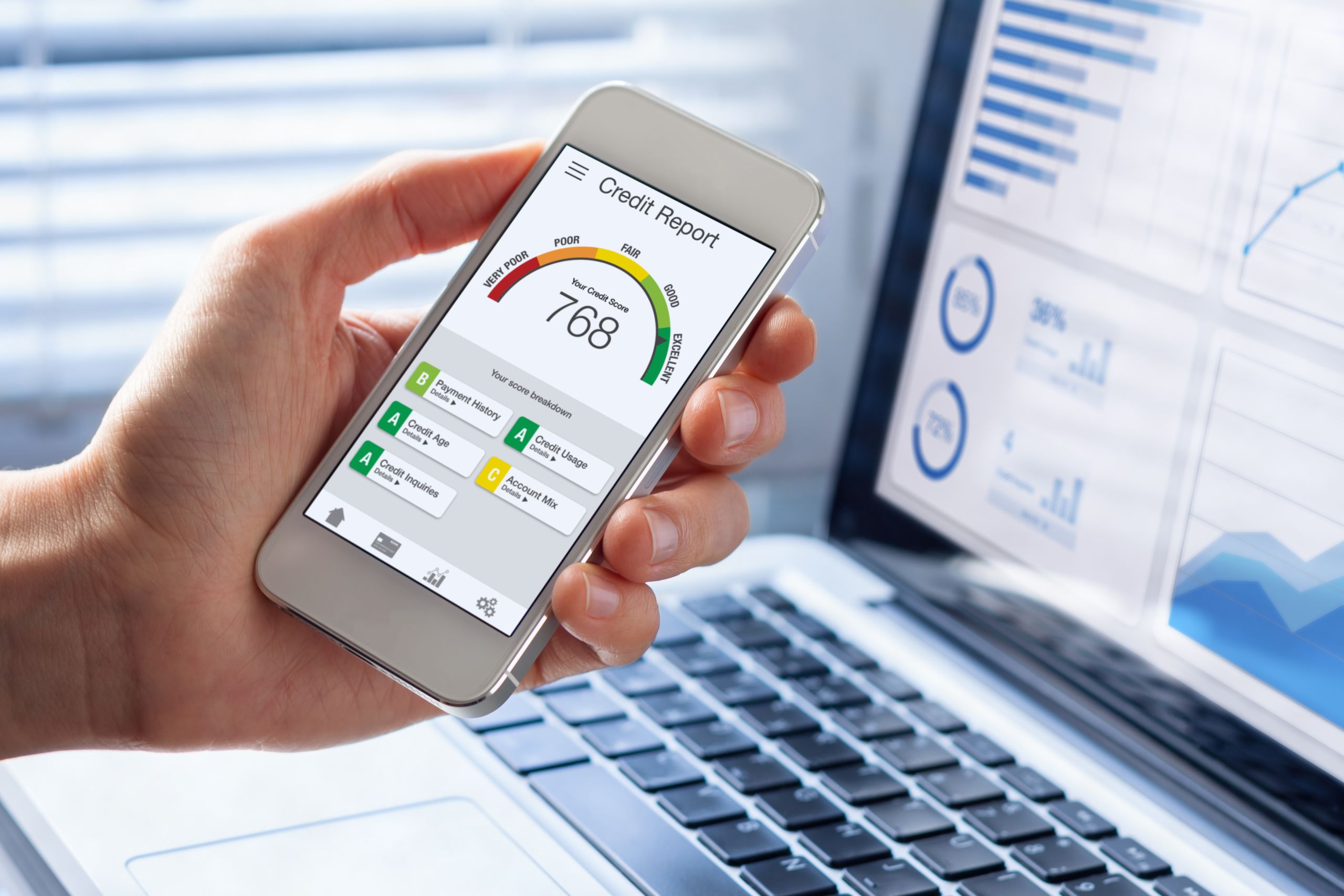
CREDIT REPORTS BECOME CRITICAL IN A POST-COVID WORLD
Despite the easing of lockdown levels nationwide, nearly 8 out of 10 (77%) South Africans continue to be negatively financially impacted by the Covid-19 coronavirus, according to TransUnion’s latest Financial Hardship Survey.
In all, 35% of affected consumers say they are using money from their savings to help pay bills, while 21% of respondents report borrowing money from friends or family.
Concern among impacted consumers regarding ability to pay bills and loans remains high at 86%, with 26% of these consumers expecting to run into a shortfall within one month. The average monthly payment amount that respondents expect to be short when paying bills and loans increased by 12% to R7,354 in October from R6,545 in September 2020.
If you need to borrow money to meet your monthly obligations, it’s important that you not only have a full picture of your own ability to repay any new debts, but also to know what prospective lenders see when they look at your credit report.
A credit report is one of the most powerful financial tools available to consumers. But while everyone is entitled to one free credit report a year, only around 1% of the country’s 25 million credit active consumers check their credit report.
So, while many consumers know what credit is, far fewer understand how it affects their finances in the long term. The first step on the journey to financial health starts with reading and understanding your credit report.
What is a credit report?
A credit report is a record of your credit history and payment behaviour that is maintained by credit bureaus, such as TransUnion. It reflects a 24-month view on how you pay your accounts. It contains:
- Personal information: Your name, Identity Number, address, marital status, employment information and contact details;
- Account information: A list of every bank and business that’s ever given you credit or lent you money; your credit limits, loan amounts and how you are managing them;
- Current financial information: Your level of debt, and how many times you’ve applied for credit recently;
- Enquiries: Who has viewed your credit profile and for what purpose; and
- Negative information: Any payments you have defaulted on, or if a judgment has been issued against you, notices and more.
How does it get created?
Every month, lenders and other data suppliers submit your credit and loan history, and your payment record, to credit reporting companies like TransUnion.
What’s the difference between a credit report and a credit score?
A credit report is a document that contains information about your financial history, and how good you are at making on-time payments.
A credit score is a three-digit number based on the information in your credit report, that helps lenders evaluate how safe or risky you are as a customer.
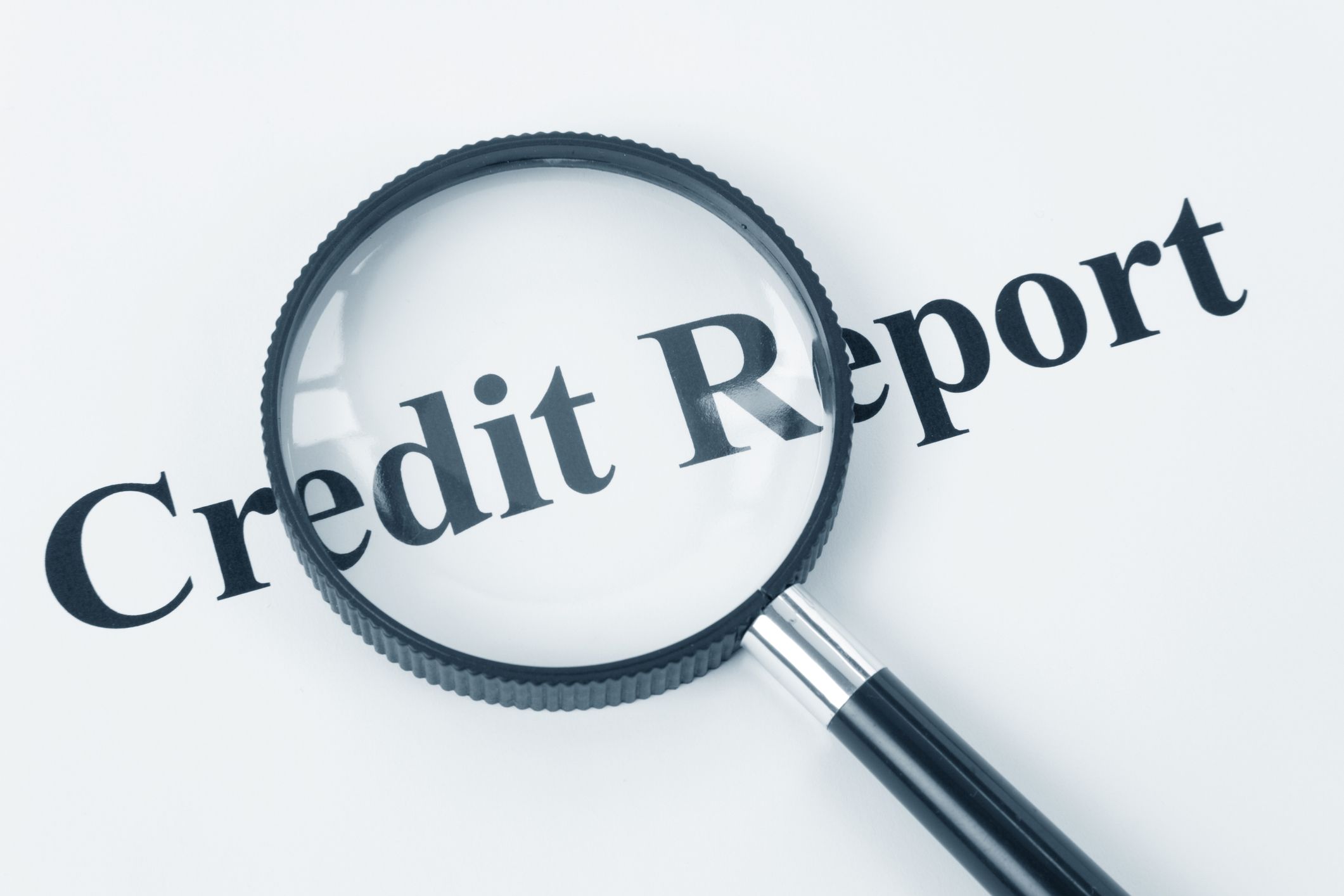
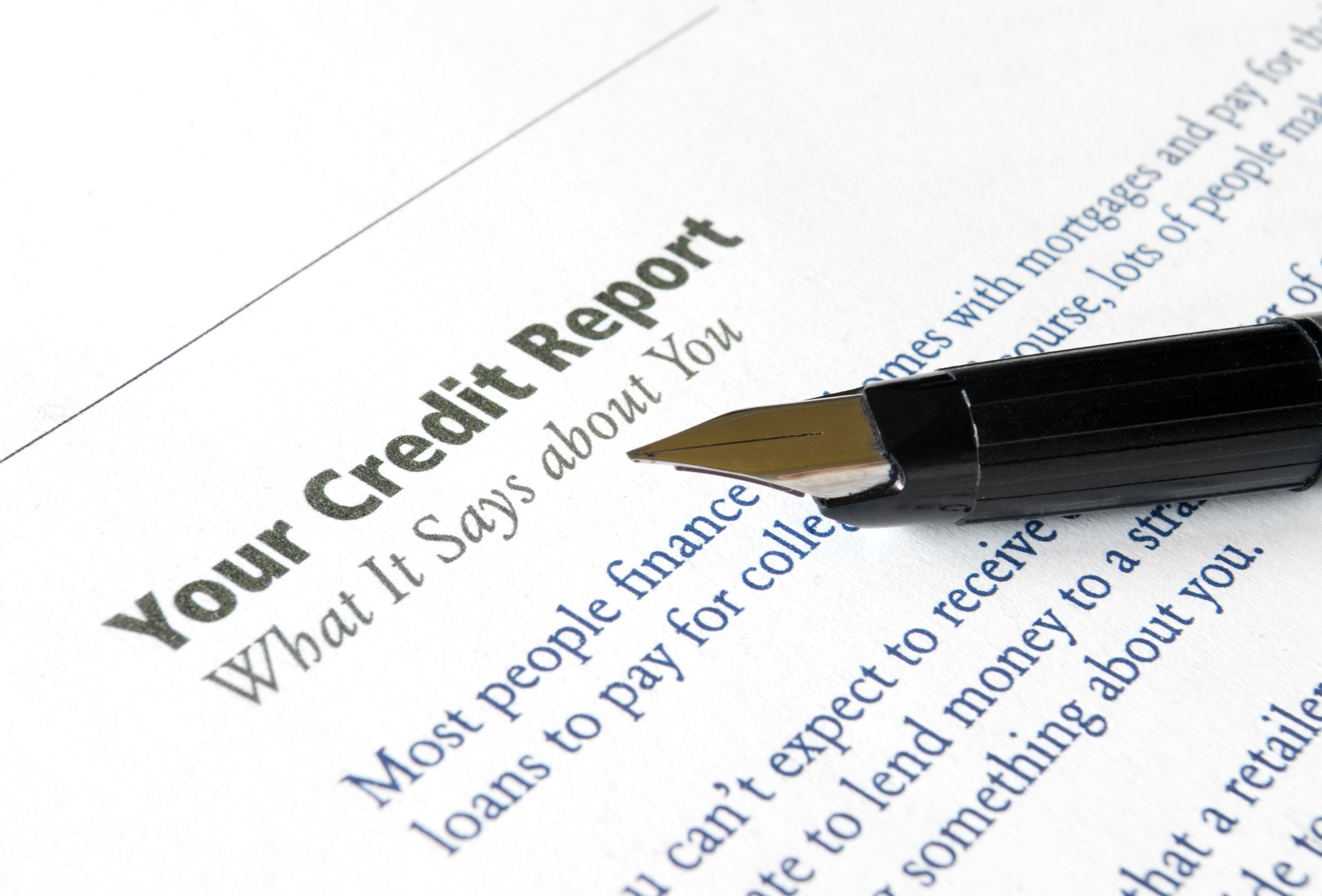
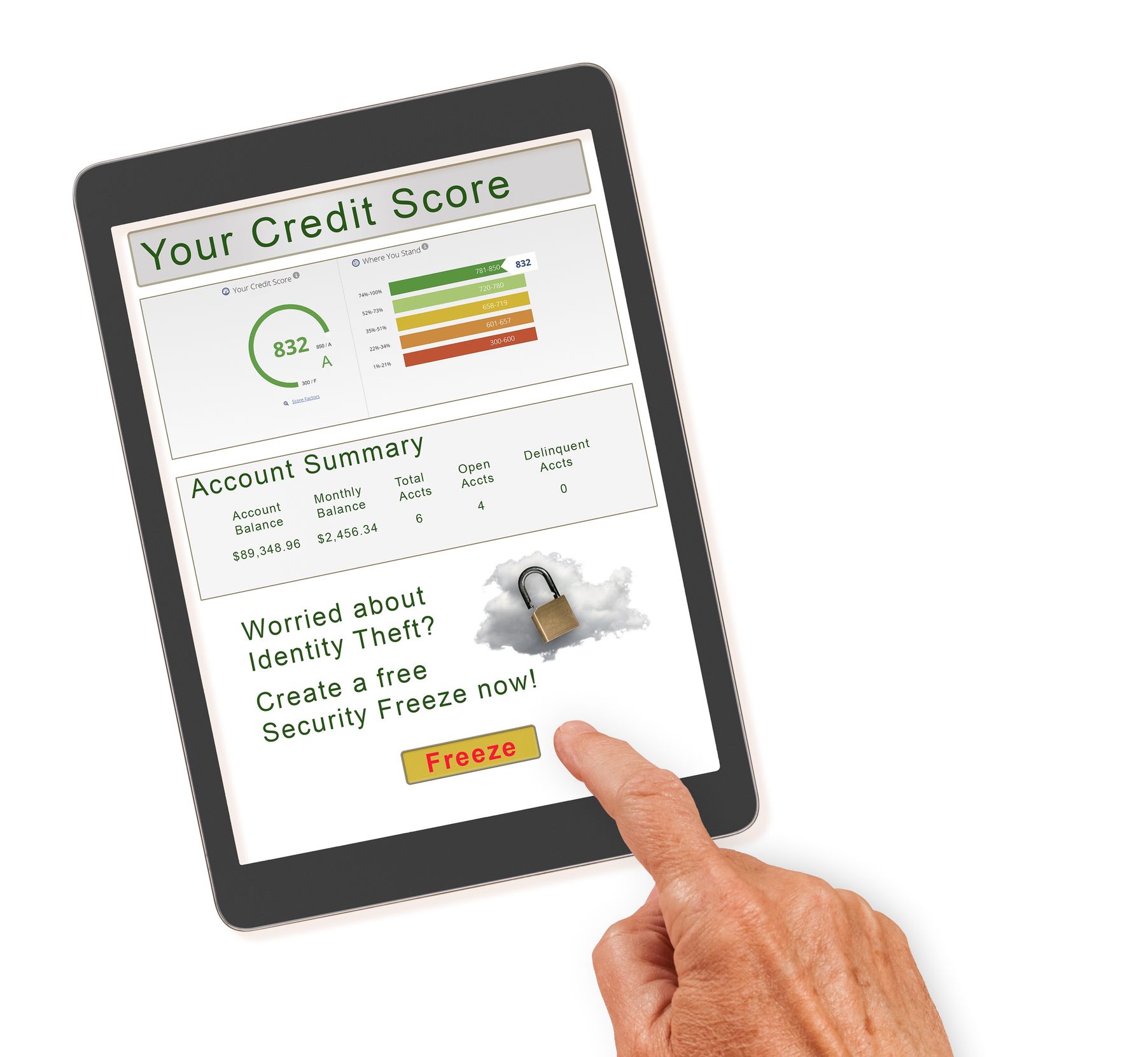
Why is it important to have a good credit score?
When you apply for credit banks and lenders will access your credit report to see if you’re suitable for credit.
Having a high credit score might help you to get a lower interest rate on credit products such as loans. A credit report with negative listings such as defaults and judgments, as well as too many enquiries for loans or credit over a short period of time, could result in a low credit score, which means you might pay higher interest rates, or even be denied credit.
What affects my credit score?
The biggest influence on your credit score is your account payment history – that is, how you manage your accounts and whether you pay your accounts on time. It also helps to maintain a healthy mix of credit - store accounts, credit cards, home loan, and service contracts such as cell phone accounts - to establish a good credit history.
Who views my credit report, and why?
When you apply for credit – like a home loan, a car loan, a new credit card, a clothing store account or a new cellphone contract – banks and lenders will access your credit report to see if you’re suitable for credit.
How do I access my credit report?
Good news: your credit reports are easy to obtain. You can download your Credit Report once every 12 months for free from TransUnion.


How to improve your credit score
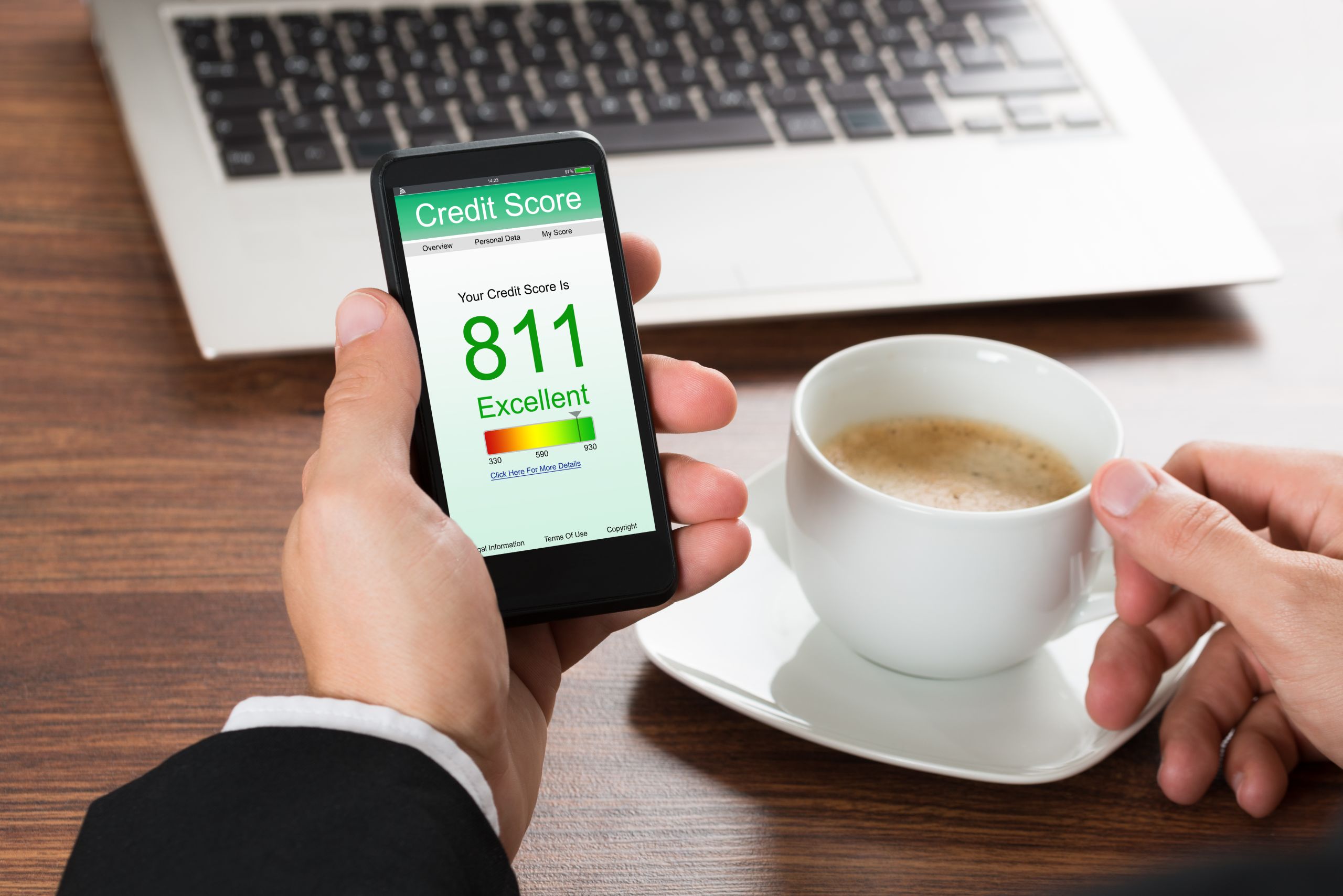
We have talked about the importance of a credit report in a world where many people are struggling financially because of the Covid-19 pandemic – and to know what prospective credit providers see when they look at your credit report.
But once you have your credit report (available for free once a year) in your hand, how do you go about improving your credit score to make yourself more attractive to lenders?
Your credit score isn’t an endorsement, or a criticism, of you and your credit behaviour. It also doesn’t determine whether you qualify for credit or not. When you apply for credit, credit providers use your credit score to obtain a view of your general credit and payment behaviour to allow them to measure whether you are likely to be able to afford the repayment of credit and therefore, whether or not to extend credit to you.
So, if you’ve taken the time to get your credit score, you have an indication of whether a credit provider is likely to regard you as a low or high credit risk at that point in time, as well as areas that you may need to improve if you want to qualify for credit.
If you are unhappy with your credit score, you need to understand the most important factors that affect it and make changes in those areas.
1. Account payment history. This is the single biggest factor that affects your credit score: how you manage your accounts, and whether you pay your bills and instalments in full every month.
What to do: look at your credit report to see which accounts you have not been paying on time, or in full. Then make sure you pay the full instalment owing on each of your accounts by the due date every month.
2. Too much debt. Your credit score is also affected by how much money you owe, and how much of your available credit you’re using.
What to do: try to keep your use of your current credit facilities to less than 35 percent of your limit. For example, if you have a credit card or a store account with a limit of R1 000, try to maintain the amount owing balance at under R350.
3. Negative information. Publicly available information in your credit record, such as judgments or administration orders issued by a court, indicate that you were unable to meet all your debt obligations – and affect your credit score in the process.
What to do: Check your credit report for all negative information. Then, take active steps to pay all your outstanding debts in full so that this information can be removed from your credit report.
4. Length of credit history. How long each of your accounts has been open plays a role in the calculation of your credit score.
What to do: maintain a healthy mix of credit (e.g. store accounts, credit cards, home loan, service contracts such as cell phone accounts and so on) to establish a strong and consistent credit history.
5. Account application and enquiry activity. Too many applications for credit within a short period of time not only affect your credit score, but also raise a flag to potential lenders that you may be in financial trouble.
What to do: try not to shop around too much for credit at the same time. Too many simultaneous applications could suggest that there has been a significant change in your financial circumstances.
Finally, check your credit report – and your credit score – regularly. Look for anything that does not seem right and contact a credit bureau to dispute any inaccuracies. This will potentially safeguard you from identity theft, as well as help you to show yourself in the best possible light to credit providers.
Visit TransUnion at www.transunion.co.za or call 0861 482 482 to request your credit report, or log a dispute.
.
Addressing Defaults and Judgments
When you find it hard to pay on time – words like ‘default’ and ‘judgment’ may sneak their way into your life.
How can defaults and judgments impact credit, and what can you do?
TransUnion says that the first step to taking charge is to understand these terms. It makes such a difference to people when you take out the fear factor and simplify the language of credit. It makes an uncomfortable situation easier to think about and is a very good way to start managing debt.
1. Count the costs
Don’t ignore debt commitments. If you find yourself falling behind on a payment – it can have a real impact on your life. Tackle debt head-on, otherwise:
It may lower your chances of being given credit in the future by affecting your credit score,
It will likely make the cost of credit more expensive e.g. Higher interest rates and additional penalties, and
It could even affect your chances of getting a job – especially if you work in finance or a job that requires you to deal with cash responsibly.
2. Learn the language
What is a default? If you’ve missed a payment for 3 consecutive months or more, this will be recorded on your credit report because you have avoided (or defaulted) on your payment. A default stays on your credit report for at least one year or until you bring the account up to date. The good news is, that this status is removed once the credit provider gives a confirmation that the money has been paid back. In terms of the National Credit Act, a credit provider must give you 20 days’ written notice, informing you that your default will be reported to the credit bureau.
As tight cash flow, difficult employment conditions and the effects of COVID-19 continue to create real challenges for households across the country, TransUnion has seen a 2% rise in consumer-level defaults to 30% over 12 months.
What is a judgment? This is more serious. If you fail to answer reminder letters, you don’t stick to payment arrangements, or you have fallen behind, a credit provider can take action against you by applying for a court judgment. A judgment is granted by the court when legal summons is issued and you fail to defend the summons or make payment of the amount claimed. A court judgment can stay on your credit report for up to five years or until it is paid in full. In general, you’d be listed for ‘defaulting’ before a judgment is applied against you. Be careful, if you don’t take any action to defend the summons or if you don’t contact the credit provider to make an arrangement, a judgment can be taken in your absence.
3. Take back control
How do you find out if you have anything against your name? A summons may come as a surprise because reminders may not have been received in the mail due to an address change for example.
A great place to start is to access your credit report regularly. This is a record of your credit history from a number of sources, including banks, retailers, cell phone companies, and collection agencies. It also reflects your payment behaviour over a 24-month period.
Consumers are often unaware or too nervous to check their credit status, particularly if they suspect they’ve defaulted on a payment or have a judgment against them.
When reviewing your credit report, it is really important to identify the red flags such as ‘judgments’ and ‘defaults’ because both have a hugely negative impact on your credit score. TransUnion also offers a credit alert service with some of its subscription products. This service will alert you via SMS or email should a new default or judgment be added to your credit report.
4. Move from red to green
What can you do to resolve the situation? Defaults and judgments, if paid up, can be removed with the help of credit bureaus like TransUnion. Generally, once paid up, these are automatically removed.
This is a free service – do not fall victim to a rogue company claiming they can remove this for you. However, if you want to speed up the process you can log a dispute with the credit bureau.
You will need to provide all the relevant documents including the paid-up letter from the credit provider that listed you originally. Once your dispute is logged, it will take 20 working days to be reviewed. You shouldn’t take chances with this process because if the case is found to be invalid, it is recorded on your credit report for 12 months.
Remember:
- If you have borrowed money, you are considered to be a credit-active consumer
- If you are in a position to use credit, you need to be financially responsible
- A credit report changes constantly throughout your life as long as you are credit-active

Protect yourself from identity theft
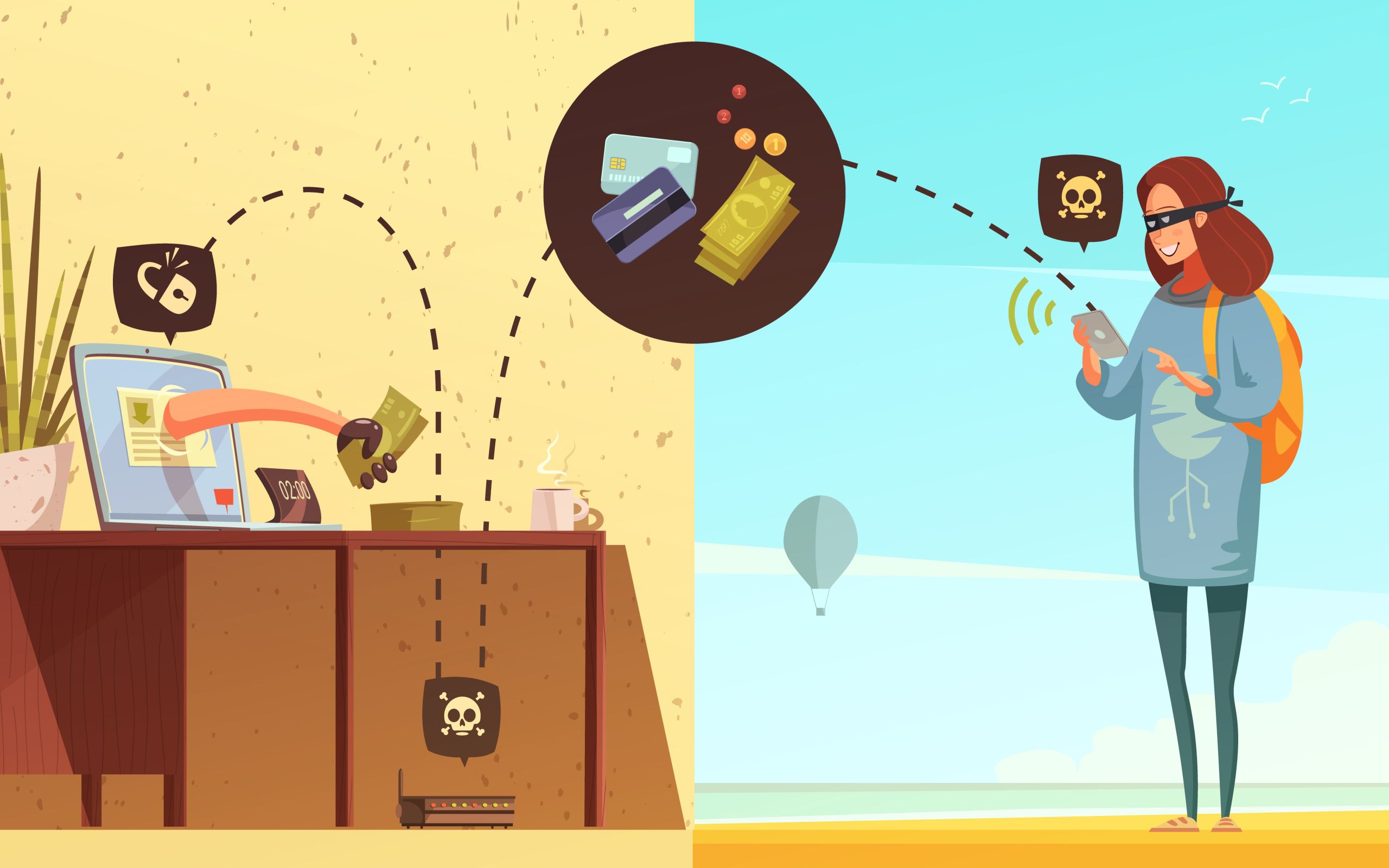
Covid-19 has affected our lives in many ways. One of the threats is a huge increase in the number of hackers who are using the pandemic to try and steal your money, your personal information, or both.
Identity theft is a huge problem in South Africa. Our research indicates that nearly half of South African consumers have either fallen victim to identity theft or know someone who has. The problem with identity theft is that victims typically only find out about the theft months later – by which time someone can easily have obtained false lines of credit and racked up significant debt in their name.
At TransUnion, we’ve seen a sharp rise in the number of cybercriminals using the virus as a screen for their activities. They send emails and text messages from seemingly legitimate organisations with information about Covid-19, are offering giveaways or special offers. Once you click on the links in emails or text messages, you can unknowingly download software which allows the hackers to take control of your computer to access your personal information and financial data, which could lead to identity theft. Through fake websites, they try and scam people into buying counterfeit or non-existent products, and then disappear with your money.
To avoid a long and stressful fight to reclaim your stolen identity, follow these tips to protect yourself against identity theft:
Never click on a link, or provide your sensitive information
Phishing is a major part of identity theft and fraud. You’ll get an official-looking email from a bank or information provider, offering you information or asking you to verify some aspect of your account. Don’t do it. No reputable company will ever ask to verify details in an email. And never, ever, click on any link in an email, no matter how legitimate it looks.
Stick to legitimate sites for online shopping
The lockdown has seen a surge in online shopping, as people look to buy everything from groceries to books to airtime. Check that there’s an ‘https’ in the web address and an icon of a locked padlock on the left side of the URL. The ‘s’ stands for secure and means the site can be trusted. Don’t just click on links in mails offering you ‘too-good-to-be-true’ deals: check it out first.
Secure your online identity now
Make sure you have strong passwords for important accounts such as your banking, online shopping and email. Change them regularly and don’t use the same password for all your online profiles. Where possible, use two-factor authentication to make it harder for scammers to gain access to your accounts.
What is two-factor authentication? Two-step verification or dual-factor authentication. It is a security process in which users provide two different authentication factors verify themselves. This process is done to better protect both the user's credentials and the resources the user can access. Two-factor authentication provides a higher level of security than authentication methods that depend on single-factor authentication, in which the user provides only one factor - typically, a password or passcode. Two-factor authentication methods rely on a user providing a password, as well as a second factor, usually either a security token or a biometric factor, such as a fingerprint or facial scan.
Keep checking your transaction alerts
The best way to check if your identity and credit is safe is to check your bank statements and credit reports. Fraudsters are especially active at a time of crisis when people are distracted. A service like TrueIdentity offered by TransUnion gives you immediate email or SMS alerts when your personal information is detected on the dark web, gives you access to experts to help you restore your identity along with identity theft insurance.
Your Identity Has Been Stolen
Identity theft is one of the fastest growing crimes in the world. Experts believe that someone's identity is stolen somewhere in the world every two seconds. Yet most people believe it cannot happen to them until it is too late and their creditworthiness has been destroyed.
Identity theft is a growing problem in South Africa. According to TransUnion survey, nearly half of South African consumers have either fallen victim to identity theft, or know someone who has.
Identity theft can go undetected for months, or even years, while victims have huge debts run up in their name. Many cases of identity theft come to light only when the victims start receiving accounts and letters of demand for debts they know nothing about; or when they are denied credit for a purchase, even though they believe their credit record is clear.
If your identity has been stolen, here’s what you must do.
Report the theft
• Immediately report the identity theft to the SA Police Service. Provide as much information as possible, listing all the fraudulent activities you’re aware of. Keep a copy of the report and case number in case creditors require proof.
• Contact the Southern African Fraud Prevention Service (SAFPS) by SMS’ing “Protectid” to 43366, free of charge. SAFPS will contact you and provide a detailed process to follow to successfully register for a Protective Registration or Victim of Impersonation listing.
• Contact the company, bank or financial institution where the fraud occurred.
• For insurance fraud, contact your insurance company, and let them know that your identity has been stolen.
Freeze your accounts
• Make sure you close your existing bank accounts, as well as the bank accounts opened by the thieves. Get new accounts and PINs.
• Notify credit bureaus like TransUnion, who will flag your account for any further credit applications made in your name.
Protect your identity
• Change your login and passwords for all your online accounts – not just the affected ones. In fact, one of the best ways to protect your identity is to change your email and online passwords regularly.
• Be wary of emails and offers from unknown senders. No, you don’t have a billionaire uncle overseas who has been searching for you for years and has finally found your email address.
Keep checking your transaction alerts
• The best way to check if your identity and credit is safe is to check your bank and card statements and credit reports. Fraudsters are especially active at a time of crisis.
• A service like TrueIdentity from TransUnion gives you immediate email or SMS alerts when your personal information is detected on the dark web, and gives you access to experts to help you recover and restore your identity.
Reclaiming your identity and cleaning up your record can be a long and arduous process. It’s important for you to maintain the security of your information and manage the recovery process if your information is compromised. Early detection, using a product like TransUnion’s TrueIdentity, can limit the damage to your finances and credit record, giving you a better chance of reclaiming your identity.

There’s Only One You. Keep it That Way
Your credit health plays a huge role in your financial life. It often determines whether or not you’ll get approved for a loan or a credit facility and can also affect the interest rate you will be offered.
And if your personal information gets into the wrong hands, you could fall victim to identity theft or fraud, which can be devastating to your credit record.
Identity thieves use stolen personal information such as your ID number to fraudulently get credit for themselves. When this credit is not paid, your credit score ends up being negatively affected. Resolving these kinds of identity theft incidents can take months and could result in all kinds of unplanned expenses.
The most popular ways identity thieves get access to your sensitive personal information remains through physical theft, like pickpocketing or bag-snatching. Other ways they steal your information is through ATM scams or online breaches, such as hacking and phishing.
For as little as R4 a day, TransUnion offers TrueIdentity, a unique end-to-end product that directly address the challenges of identity theft by providing the information and tools needed to detect identity-related threats - and if necessary, a way to recover from them.
TrueIdentity helps monitor, restore, and recover your identity using three tools:
• ID Monitor gives you immediate email or SMS alerts when your personal information is detected on the dark web.
• ID Restore provides you with expert forensic investigator help when your identity is stolen.
• ID Recover provides the benefits of identity theft insurance cover to help recovery from identity theft.
• Credit Alerts tell you about critical changes in your credit report the moment they occur. This enables you to detect unexpected negative listings or unauthorised changes that may indicate fraud.
You will receive an alert by e-mail or SMS when:
o An application enquiry is performed;
o An account is opened; or
o A judgment or default is added.
• Credit Report: Your credit report gives you detailed access to your credit profile based on information provided by your credit providers.
• Credit Score: A credit score is a numerical view of your credit history and payment behaviour. It provides a view on how you manage your debt. Your credit score serves as a personal benchmark that can help you improve your credit behaviour.
You also get access to powerful tools such as Debt Analysis, Score Reasons and Score Trending, which allow you to predict the effects that your credit behaviour will have on your credit health.








